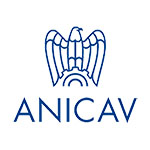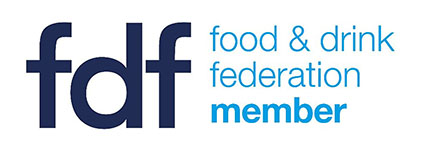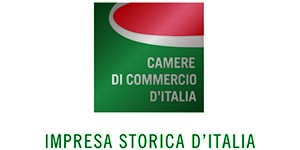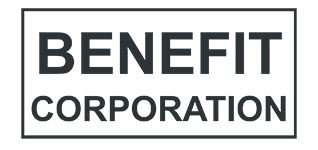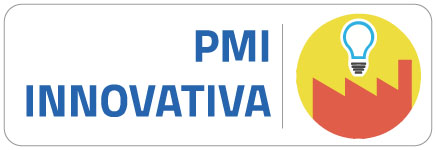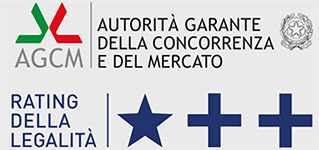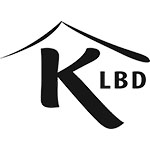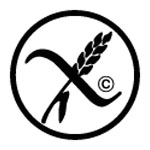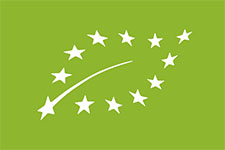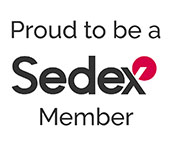BLOCKCHAIN - REVOLUTIONISING SUPPLY-CHAIN MANAGEMENT
FINANCIAL TIMES

Consumer goods companies and retailers face a considerable supply-chain challenge: to remain competitive, they are sourcing and manufacturing their products around the world to get the highest quality for the best price. At the same time, customers are increasingly concerned about the provenance of their food, drink, clothes and other everyday goods.
The risk posed by a more complex, global supply chain is both commercial and reputational: goods and money can go missing due to error or fraud at every stage along the chain, increasing costs and eroding margins. The reputational threat of products being made in factories where human rights are infringed, or where produce is being used that is not what it claims to be (such as the scandal of horsemeat found in UK ready meals in 2013), is potentially even more damaging financially.
However, the right technology can reduce these risks. Blockchain, which first came to widespread public attention as the technology underpinning Bitcoin, has far broader applications than merely cryptocurrencies. Blockchain technology is changing the way companies of all sizes manage their global supply chains, making them fully transparent and more cost-effective. Blockchain technology enables a network of users across multiple sites to add and verify data entries (which are bundled together as “blocks”) onto a shared digital ledger. This represents a “chain” of data that cannot be easily amended or tampered with, thus building a robust, secure record of transactions.
"Any company with a complex supply chain should seriously consider exploring the implementation of blockchain technology", says Tom Grogan , corporate associate and co-lead of the Blockchain Group at Mishcon de Reya. “Blockchain technology enables more transparent and auditable supply chains. This is commercially attractive as companies will be able to improve the efficiency of their supply chains, and split the resultant savings between shareholders and consumers."
As a result, some of the world’s largest retailers and food producers, including Walmart, Nestlé and Unilever, are trialling a blockchain system to trace ingredients for products such as baby food, using a single record-keeping system worldwide. Working with both partners and competitors will make it easier for companies to investigate problems quickly, and make product recalls more accurate and less expensive.
Coppola Foods, which makes and supplies authentic Italian products, such as tomatoes, sauces and soups amongst the others, has investigated using blockchain as a way of offering its retail and foodservice customers greater transparency regarding the provenance of ingredients.
“Our current goal is to develop a process of full traceability from shelf to field, and to allow for this information to be easily accessible by our customers via a special smartphone app,” says Ernesto Coppola, co-founder of the company.
For companies interested in implementing blockchain within their supply chain, there are a number of initial considerations. The first, and perhaps most challenging, is to involve and integrate all supply-chain actors within the proposed solution. This can be easier than it sounds as most goods already have barcodes or QR codes and a unique code associated with the blockchain could be integrated within them, updating the blockchain ledger as they are scanned.
“A simple blockchain technology solution allows all parties on the network an easy way to upload the required data,” says Antony Welfare, Innovation Strategy Director at Oracle. “For example, a farmer in a remote location could use their smartphone to send a photo of the products, tag the GPS coordinate, and upload that directly to the blockchain node.” Each company must look carefully at the costs and benefits of implementing a common tracking system, particularly if they have a large and fragmented supply chain. “The challenge, as ever, is to have a cost-effective tool,” says Coppola, whose suppliers include cooperatives of small farmers.
Grogan adds that, “as the network constantly verifies and maintains the shared ledger, anomalies can be identified quickly and the relevant persons alerted to any suspicious activity.” This will reduce the inaccuracies associated with human error, highlight supply-chain leakage caused by negligent or fraudulent behaviours and alert businesses to their supply-chain bottlenecks in real time.
Businesses who are interested in implementing a blockchain solution should seek out a professional legal and strategic adviser with experience in blockchain technology. This advisor will be able to help shape and tailor a solution best suited to the business’s needs, from proof of concept through to implementation.


.png)

